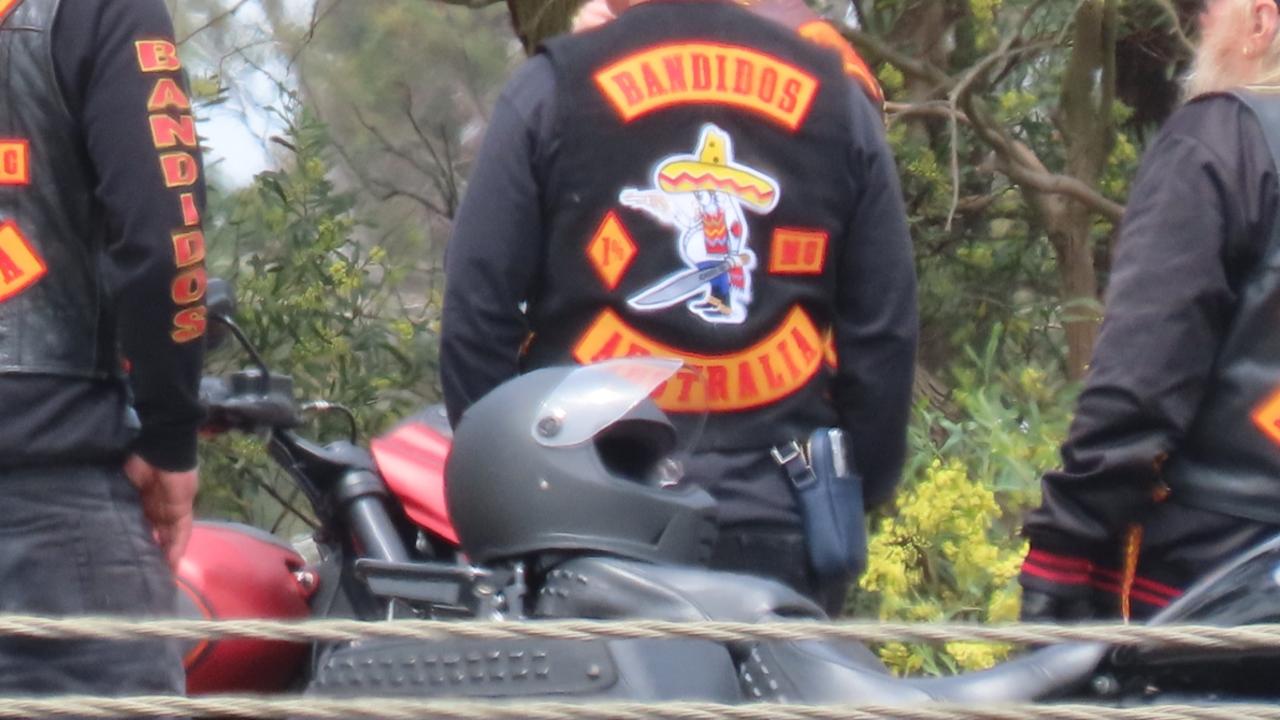TacMed’s Ben Davoren awarded Prime Minister’s veteran employee of the year
“I had savage PTSD and insomnia and huge anxiety associated with that,” said one veteran before joining forces with the Boambee business.
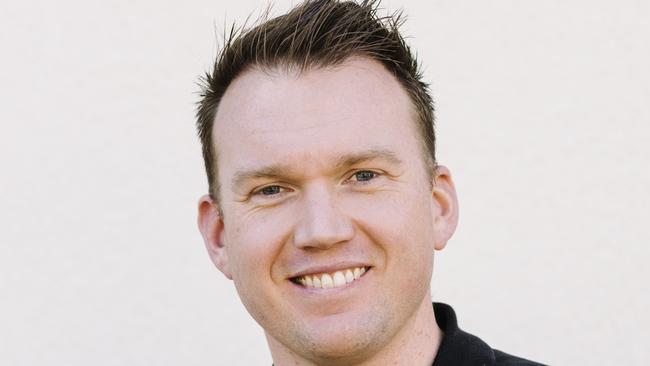
Coffs Harbour
Don't miss out on the headlines from Coffs Harbour. Followed categories will be added to My News.
Ben Davoren says he was “broken” when he left the military in 2014 but the veteran’s involvement with a Coffs Harbour company has been transformative.
When Mr Davoren joined TacMed roughly a year after his medical discharge from the Army in 2014 the former combat medic was incredibly unwell.
TacMed is a veteran owned business based in North Boambee Valley which provides specialist medical equipment and training to first responders.
“I had savage PTSD and insomnia and huge anxiety associated with that,” he said.
“I had lost all my confidence as an individual and lost my self belief so I didn’t really feel as though I had a lot to offer.”
Six years later Mr Davoren has been issued a prestigious Prime Minister’s award, becoming the 2021 Veteran Employee of the Year.
The individual award capped off a remarkable week for Mr Davoren’s employer TacMed, who were also crowned Mid North Coast Business of the Year by Business NSW.
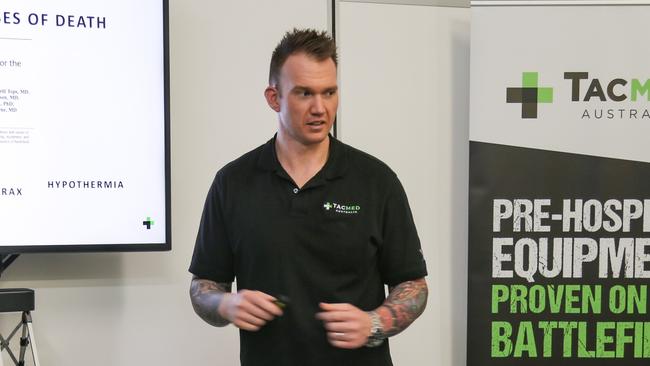
TacMed grew from humble beginnings as the side hustle of former Army medic and NSW Ambulance paramedic Jeremy Holder, who began importing high quality medical equipment used by organisations like the US military.
Now the company employs 20 staff, many of which are veterans.
General Manager Matt Charles said Mr Davoren was a great example of what veterans can achieve when offered the right support and opportunity in the civilian workforce.
He said Ben’s “hard” transition out of Defence was not an uncommon scenario for veterans.
“On the back of that Ben has developed an extraordinarily successful and productive career as a business development manager helping TacMed grow,” he said.
Mr Davoren was initially apprehensive about getting back into tactical medicine and said there were times when his early role as a training facilitator led to some “emotionally precarious” situations.
However, it became an opportunity to both heal and leverage his unique skills, restoring his eroded self confidence in the process.
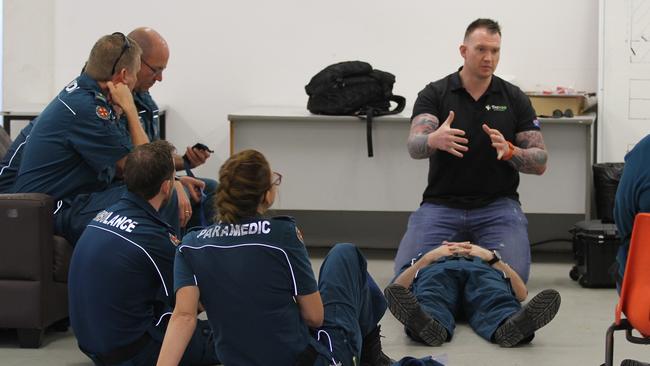
With the help of his friends, family and colleagues Mr Davoren was able to get through some “very dark times” and find opportunities he “could never have dreamed of”.
“For lack of a better word (it has been) transformational,” he said.
As highly organised, resilient and motivated people Mr Charles said veterans have a very transportable skill set but communicating that to prospective employers was a challenge.
One of the “daunting” barriers veterans faced in the civilian workforce was articulating their value in what Mr Charles described as “a different language”.
“Helping people transition, or recognise in themselves, the value they bring and the way in which their defence force training and experience translates into a civilian environment is sometimes a challenge.”
Mr Davoren could certainly relate to that and said while it was initially confronting, he now understood how much veterans had to offer and was passionate about promoting the value they bring to the workforce.
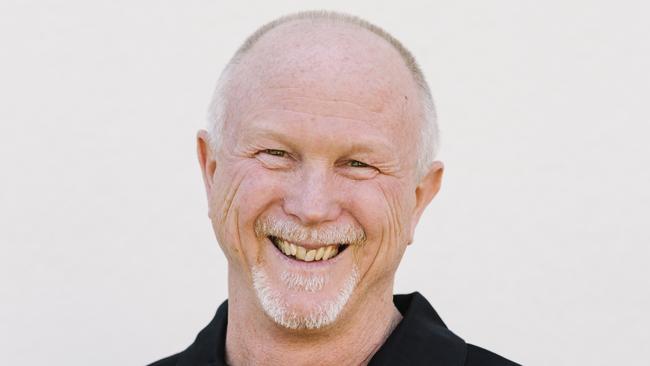
“Veterans have an amazing wealth of experience and fantastic personal attributes and can really bring capability into organisations,” he said.
“I had to be good at customer service because (as a medic) I am in the business of making somebody on their worst day feel good.”
As a former Royal Australian Air Force equipment technician himself, Mr Charles said with the right support veterans can become “exceptional” in the civilian workforce.
“The values that make our business strong – teamwork, collaboration and emotional intelligence are things that are common desires in any employer,” he said.
“Personnel coming out of defence, and Ben is an example, are highly adept at these things and bring with them a very high level of capability.
“It’s just a matter of … helping (employers) understand that those things are implicit in how the defence forces train people and they are the things you get when you take a defence person on.”




